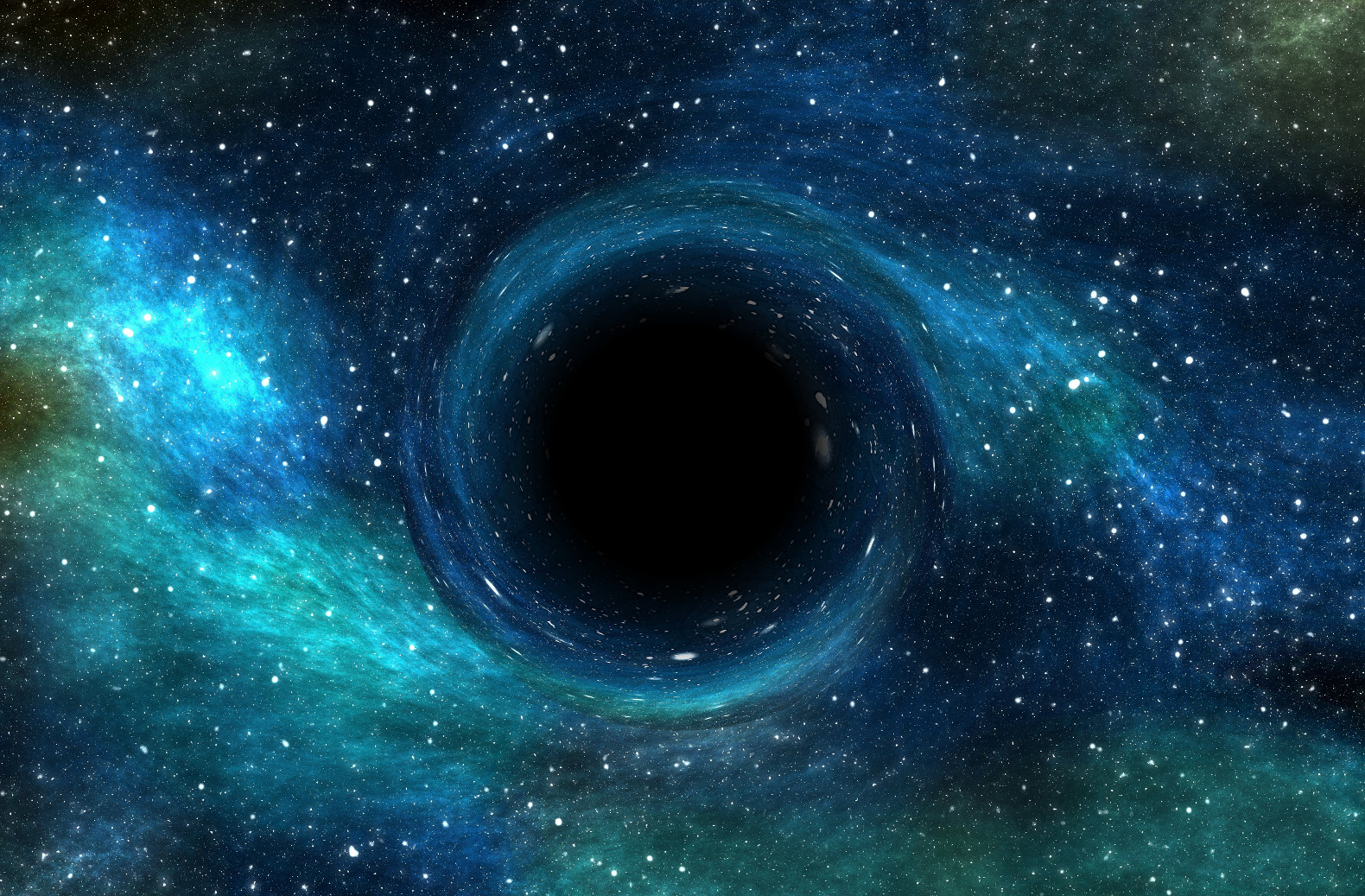
World-Renowned Physicist Explains How Our Universe Will End
by Abby Norman
The Nature of Black Holes
A world-renowned theoretical physicist and professor at the Institute for Advanced Study (IAS) has a theory on how the world will end, and while it’s not with the same Big Bang that began it, the event will be no less dramatic.
Mathematical physicist Robbert Dijkgraaf is director and Leon Lery Professor at the IAS. His research is largely focused on how mathematics and particle physics intersect, and he has made important contributions to the study of string theory. He has also developed formulas that have contributed to a greater understanding of the nature of black holes. It’s black holes, in fact, that Dijkgraaf believes hold the key to the end of the world as we know it — or, more accurately, the end of the universe as we know it.
Dijkgraaf explained his theory that “black holes will eat up everything else in the universe” in a video for Business Insider.
An Island Universe
Dijkgraaf explained that physicists have discovered in recent years that not only is the universe expanding, but forces are pushing it apart. The forces exist within voids and seem to be accelerating the universe’s expansion. Eventually, they’ll reach speeds so fast (faster than the speed of light, he theorizes) that the distant galaxies we may not even be aware of yet will fade away, then the galaxies closer to us, until we’re living in what Dijkgraaf calls something of “an island universe.”
The implications of such cosmic expansion are not insignificant. “When the galaxy is left alone in this kind of empty universe, the stars will go out one by one because they will burn their fuel. And if all the stars are done burning their fuel, the only force that’s left is the force of gravity,” Dijkgraaf explains. “And it will slowly pull them in, and the black holes will eat up everything else in the universe, and this will be it.”
“It’s a very desolate future for the universe,” he adds, “And I think that’s why many physicists were very hesitant to believe that this is actually the true future history of the universe. But it turns out, that the experiments are all pointing in that direction.”
As doomsday prophecy as Dijkgraaf’s assertions may sound, even if the universe does ultimately reach this rather dark (literally and figuratively) end, the event will no doubt be a thing of great beauty, too.
This article was originally published by Futurism. Read the original article.
![]()